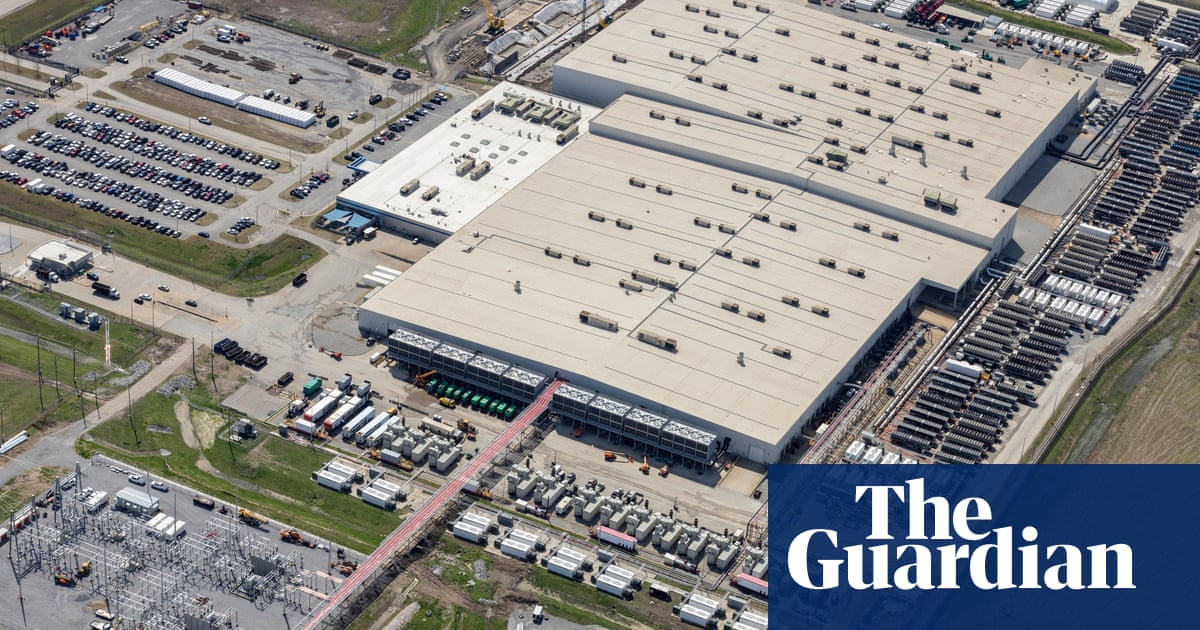Struggling Thames Water may gain less than £500m in usable cash while taking on £1.5bn in emergency debt because of expensive fees and interest costs, the high court has heard.
Thames Water is seeking approval from the court for a restructuring deal with existing creditors that would provide £1.5bn in immediate financing, potentially rising to £3bn, to stave off collapse by the end of March.
Charlie Maynard, the Liberal Democrat MP for Witney, was granted unusualpermission to intervene in the case to put forward the interests of households.
In closing submissions to the court on Thursday, he argued the emergency debt package would worsen the “Thames Water debt doom loop”.
Thames Water is staggering under the weight of about £19bn in debt and an ageing sewage network that has left it vulnerable to sewage overflows.
That has left it on the edge of a collapse that would force the government to take it into special administration to ensure the continued supply of water to households in London and south-east England – nearly a quarter of the UK’s population.
The company and the holders of the bulk of its existing debts are scrambling to get approval for the short-term funding, which would allow Thames to avoid effective nationalisation.
The funding would give it more time to try to secure billions of pounds of new equity investment to try to fill a gap that may be as large as £10bn, according to creditors.
The deal with the bigger group of “class A” debt holders has been opposed in court by a second group of creditors who hold “class B” debt. The class B investors have brought forward an alternative funding deal that they say will be cheaper.
The court and well over 100 lawyers, investors and other advisers have heard four days of complex arguments concerning the terms of the competing deals. The judge on Thursday extended the hearing by another day to hear further arguments.
However, Maynard argued that special administration would be a better course because it would cut out hundreds of millions of pounds of fees and interest costs.
Less than £500m of the £1.5bn debt would be “real liquidity actually available” to Thames Water to support its operations or maintain drains and sewers, according to estimates by Maynard’s legal team. The estimates were prepared from a combination of fees disclosed in documents in court and cross-examination of Thames Water executives.
The estimate of costs includes at least £443m that would “move in a circle” straight back to the creditors in various fees. A sum totalling £245m would be used to pay interest costs for many of the same investors, while £210m would go on professional fees, the court heard.
The court also heard that Thames Water had breached its duty of candour to the court by failing to properly detail the true costs of the debt package.
Maynard said in an interview he was “shocked” by the alleged lack of consideration of the interests of households during the whole hearing. He said the fees and interest costs would ultimately be paid by households and business customers of Thames Water through their bills.
“Why are we spending so much money to keep digging an even deeper hole?” Maynard said. “How is this in the interests of customers? It looks like it’s in the interests of one set of creditors versus another.”
He said he believed that the Labour government was not stepping in because it did not want to be forced to add Thames Water’s debts to public finance figures.
Thames Water argued in its closing submission that a special administration would be “value-destructive”, and added that there were “strong reasons to believe” that the company would be able to secure future equity financing. It asked the court to grant permission for the deal to go ahead.
The class B creditors in their closing submissions argued that the class A creditors were seeking to gain control of the company for their own interests through a clause that would allow them to veto any future funding deal.
A Thames spokesperson said: “Our plan remains the only implementable solution to putting the business on a firmer financial footing.
“Its approval will not affect customer bills, but will unlock billions of pounds for investment in our network, fixing pipes, upgrading our sewage treatment works and maintaining high-quality drinking water.
“Any suggestion that customers will bear costs from this process is an untrue and misleading claim that risks needlessly worrying our customers. This plan will not lead to any increases in customer bills. Ofwat has already determined the cost of bills for the next five years.”

.png) 2 months ago
25
2 months ago
25













































